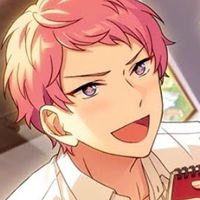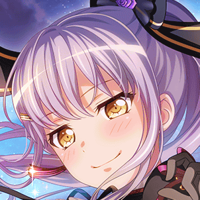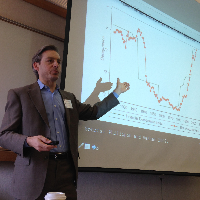Hajime Hatsutori typ osobowości MBTI
Osobowość
"Jaki typ osobowości jest {profilename}? {profilename} jest typem osobowości {mbti} w mbti, {enneagram} - {iv} - {tritype} w enneagram, {big5} w Big 5, {sociionics} in Socionics."
[1/3] Hatsutori is an interesting character to type so I've tried to observe some persuasive arguments all the time. Since the account I wanted to reply to is inactive now, I’ll do some counterargument here, as well as argue why Hatsutori is a Fi rather than Fe user by his very nature. The starting point of all Hatsutori's reactions is based on his mistaken belief that he was born into the world with a special nature and a positive meaning. "God must have given me some kind of mission, and I must carry out my inherent duty" serves as the basis for all of Hatsutori's thinking and behavior. He IS intellectually convinced that he is a Savior, which reflects both Ni's detached faith and Fi's strong emotional judgment that emphasizes the "I". > According to the official fanbook, Hatsutori's parents did not raise him as a special child, although they told him he was "the son of God". Rather than to say they put any expectation on him, it sounds more like the comfort a devoutly religious family would give a child. Judging from the fact that Hatsutori didn't have his eyes always closed at the age of 15, he was living an ordinary life and didn't have the awareness that his abilities can be "used", let alone be influenced by the "expectations of others". He just knows he is different from the norm. > Seodoa hates God and, predictably, he would only say negative things about Hatsutori's self-image. Before Hatsutori met Utsugi at the university, no one had ever "expected you to be something". But he still maintains his stubborn self-perception and even shows obvious aggression towards those who disagree with him (he killed researchers who denied him to his face). > Even Utsugi, didn't actually have intentions other than "letting Hatsutori live (happily) all the time". Hatsutori is simply so self-focused that he seldom thinks about others' values, and doesn't realize that his own insistence may be wrong. This is not to say he is not open to other points of view at all, he just doesn't have the habit to do so. > So as a character who needs to be seen positively by others, why doesn't Hatsutori pay attention to what others think? The explanation should be the "fragments" have the innate ability to attract people and make them let down their guard, according to the game-maker, Hatsutori is particularly powerful in this regard. Therefore, considering his good looks, he has even less need to emotionally manipulate others to satisfy the will of "being welcomed and liked". > Who initially proposed the establishment of People of Akasha was Seodoa, and it was Utsugi who eventually developed it into a religious group. In the fanbook, Fukao makes a point of emphasizing that neither was motivated by the strong will of Hatsutori himself. It's true that Hatsutori needs to avoid the hatred of others in order to maintain his ego, but his need is very limited. You could hardly say that he cares how every worshipper sees him, given that he ends up even stepping over their bodies without a glance. Yes, Hatsutori's Fi does seem different from the norm, and he apparently has a tendency to waver and deny his inner feelings sometimes. This brings us to the issue of his emotional disorder (refer to the official fanbook). It's not that he lacks inner emotions, rather his emotional experience is actually really rich, which is clearly perceptible from his first-person narratives (such as the official stories and extras). What Hatsutori lacks is the ability to relate those inner experiences to realistic concepts: when he is experiencing "anger" and produces a corresponding physical reaction, he has difficulty categorizing it as a semantic concept of being "angry", as a normal person would naturally do. A symptom like this can perhaps be described as alexithymia, which is an ASD. > At the age of 15 and when he first met Utsugi, Hatsutori both mentioned that he "didn't understand those emotions", but he was apparently capable of producing affection and describing his physical feelings in excessive detail. These are typical clinical manifestations of alexithymia, if you look into it.
























